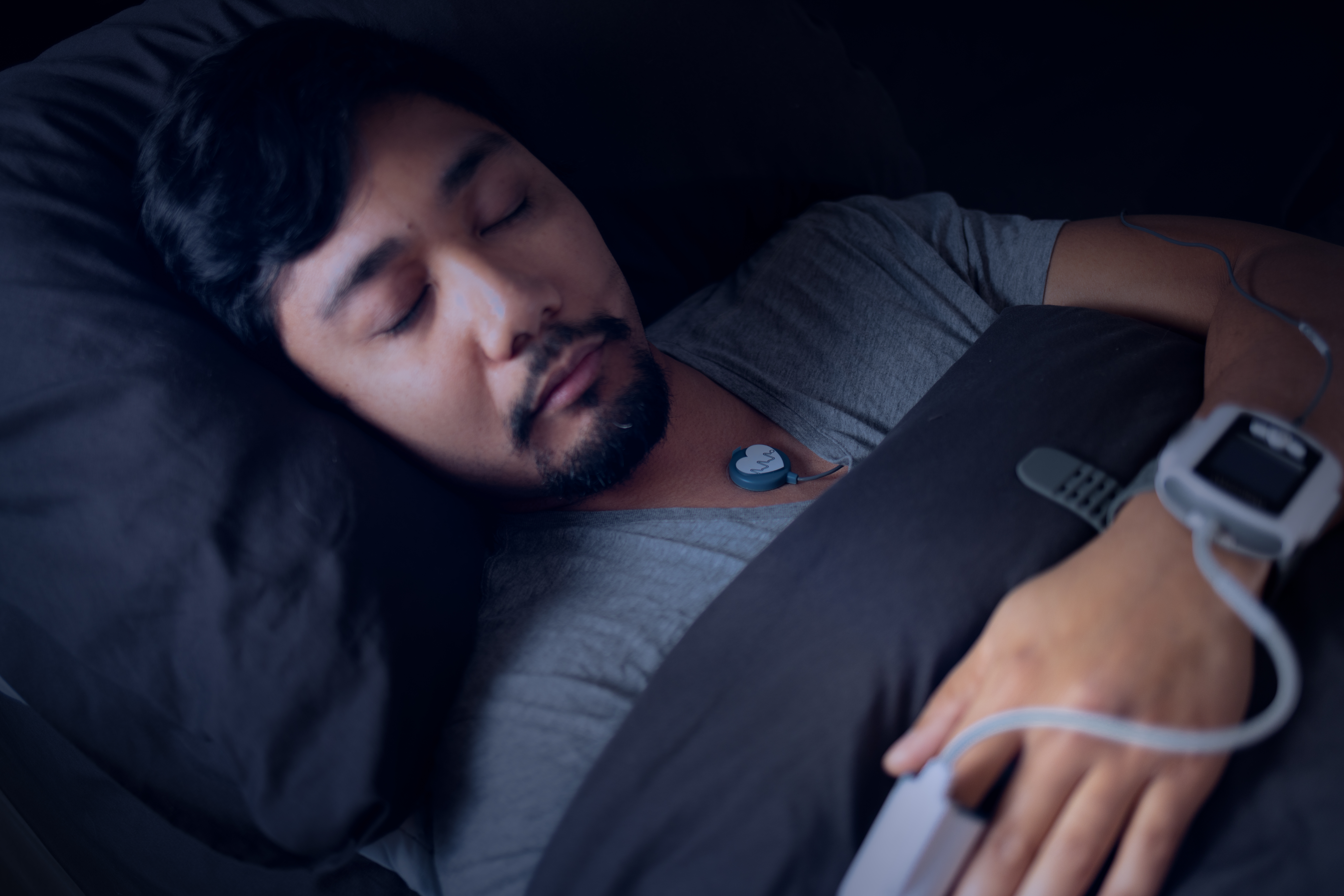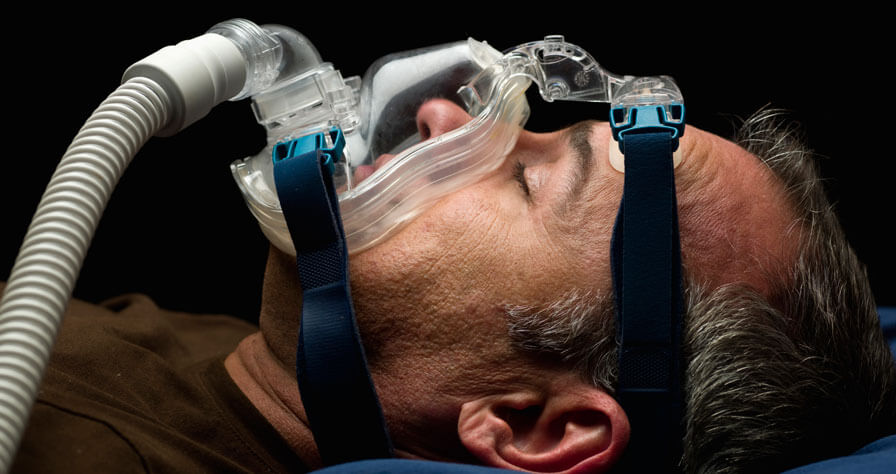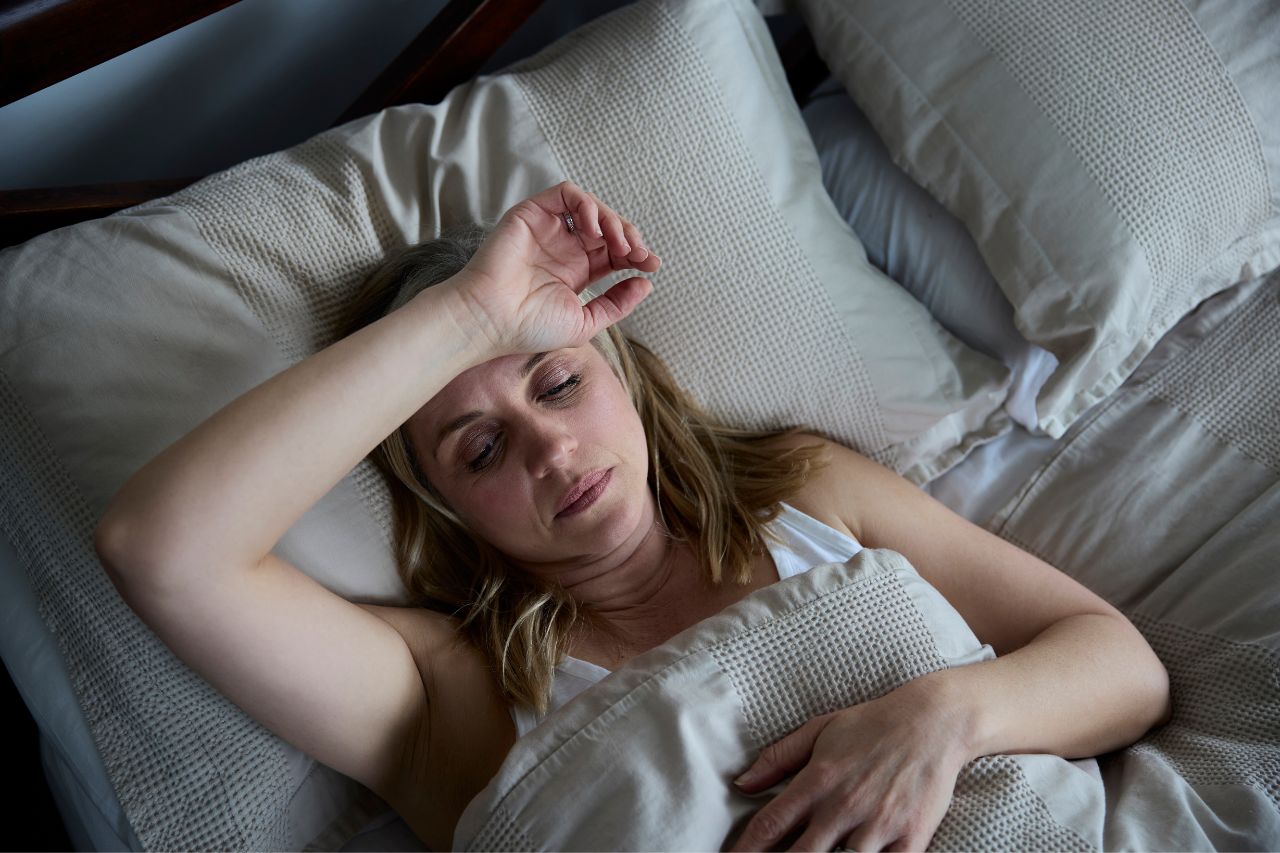Can Just One Drink Ruin Sleep?

Having a beer, a glass of wine or a cocktail in the evening can make you feel relaxed and a little sleepy. Consequently, it may help you fall asleep faster, which might make you think that it’ll help you sleep better in general. However, studies show that’s not the case.
How Alcohol Affects the Body
Alcohol is what’s called a central nervous system depressant. That means, among other things, that it slows brain activity. This creates a sedative effect.
When you have a drink, enzymes in your liver go to work metabolizing the alcohol, but that process takes time. And as your body focuses on this task, the normal pattern of four sleep stages can be disrupted.
Understanding the Sleep Cycle
As you sleep, your body goes through a repeating cycle of four stages:
- Stage 1. In this stage, you transition from wakefulness to sleep, your breathing, heartbeat, and other body processes begin to slow down, and your muscles start to relax.
- Stage 2. In stage 2, your breathing and heartbeat continue to decrease and your body temperature drops as you move toward deeper sleep.
- Stage 3. In this stage, known as slow-wave sleep, your breathing and other bodily processes reach their lowest levels and your muscles are completely relaxed.
- REM. Named for the rapid eye movements that occur during this phase, REM sleep is also characterized by an increase in breathing and heart rate. It tends to occur about 90 minutes after you fall asleep and is the stage when you dream. It’s also thought to be the most restorative sleep stage and the one where memories are converted from temporary to a more permanent form.
Never Miss a Beat
Get the health and wellness news that matters most delivered straight to your inbox. Subscribe to our free email newsletter to stay up-to-date on the latest news and more.
Alcohol and Sleep Disruption
Consuming alcohol too close to bedtime disrupts the sleep cycle. In particular, it can shorten the amount of time you spend in REM sleep in your first two sleep cycles and lengthen the amount of time you spend in slow-wave sleep.
The effect of this shift is that you have a decrease in sleep quality. This can include sleeping for fewer hours and experiencing more sleep disruptions.
Even Low Alcohol Consumption Hurts Sleep Quality
A study conducted by Finnish researchers found that any amount of alcohol consumption before bedtime hurts sleep quality. Specifically, low amounts decreased sleep quality by over 9%, moderate amounts by nearly 25%, and high amounts by almost 40%.
The takeaway from this data is that if you’ll be consuming alcohol but want to enjoy high-quality restorative sleep, you should give your body as much time as possible to metabolize the alcohol before you go to bed.
Enjoy Better Sleep With Help From Baptist Health
Drinking alcohol is just one factor that affects sleep. If you aren’t getting enough high-quality sleep, the experts in our Sleep Centers can help.
And if you struggle to control your alcohol consumption, learn more about our substance abuse treatment options. Our team of experts is ready to walk with you every step of the way.
Next Steps and Useful Resources
Find a Provider
Learn About Our Substance Abuse Treatment Programs
Short and Long Terms Effects of Alcohol on the Body
Is Stress Affecting My Sleep?
[PODCAST] All About the 4 Most Common Sleep Disorders



